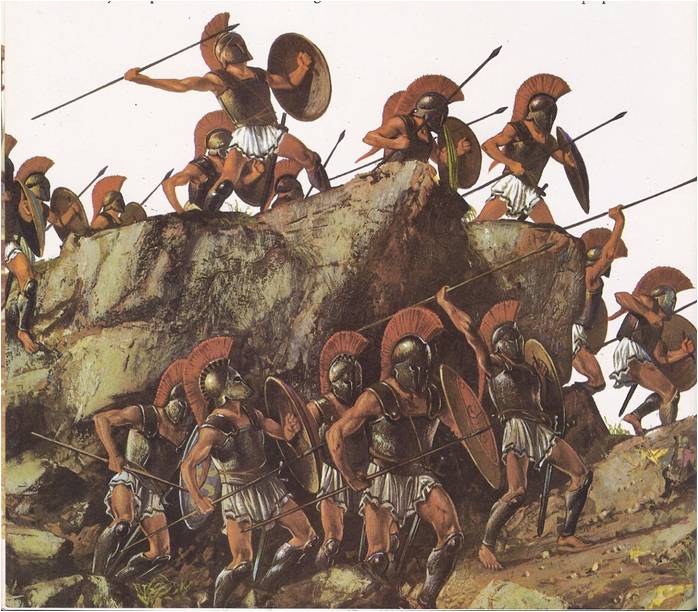About 425 B. C., a lonely man, in a country that was not his own, sat down to write the story of a war that had begun six years before. Thucydides, an Athenian, had fought in the war’s first battles. He had been a general, in command of thousands of his city’s troops. Then he was ordered to go to the aid of another commander whose men were outnumbered. When he arrived, the battle had already been fought and lost. It was not his fault but the people of Athens were too anxious about the war to consider that. They …
Read More »Tag Archives: Delian League
The Golden Age of Athens 480 B. C. to 430 B. C.
When Themistocles and the people of Athens came home from Salamis, they found only the ashes of a city. Their houses and shops were gone. The Acropolis was littered with chunks of broken limestone and smoke-blackened statues, the ruins of their sacred temples. The years of war had taught the Athenians courage and victory gave them pride and hope. They began to build again. While the citizens planned new houses, Themistocles planned new walls – walls around the city, walls to protect the harbour at Piraeus and walls along the four miles of road that connected the two. When they …
Read More »
